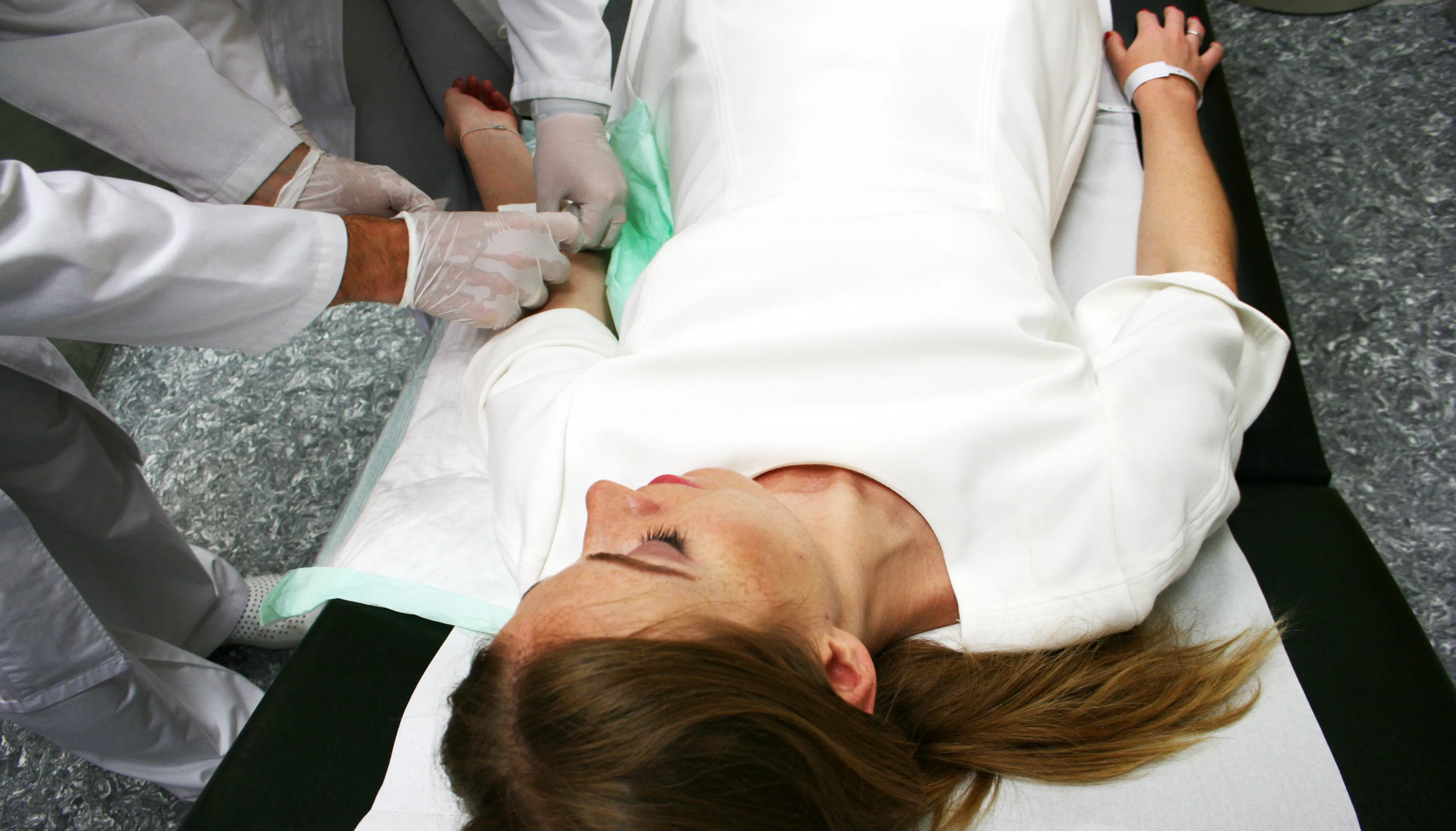Frequently asked questions by the health professionals
» How do doses and risk from nuclear medicine compare to X rays?
» Are there special precautions I need to take after my diagnostic nuclear medicine procedure?
» What are the safety measures for radioactive patients after a radioisotope treatment?
» Can a young person undergo radioiodine treatment for thyrotoxicosis?
» How long after radioiodine treatment is it safe to become pregnant or father a child?
» Can I breastfeed following radioiodine treatment?
» What are the safety measures for radioactive patients after a radioisotope treatment?
Most countries regulate the use of radioisotopes to treat patients. The regulations often require special precautions for staff and visitors while such patients are in hospital, and for patients when they leave the hospital or return to work. Hospital staff brief patients on safety.
» Can a young person undergo radioiodine treatment for thyrotoxicosis?
Radioiodine may be given to patients of any age but it is less frequently given to children under 10. Long term follow-up of children who have been treated with radioiodine (I-131) for Graves’ disease has not shown any adverse effects such as thyroid cancer, leukaemia or congenital malformation in subsequent offspring.
